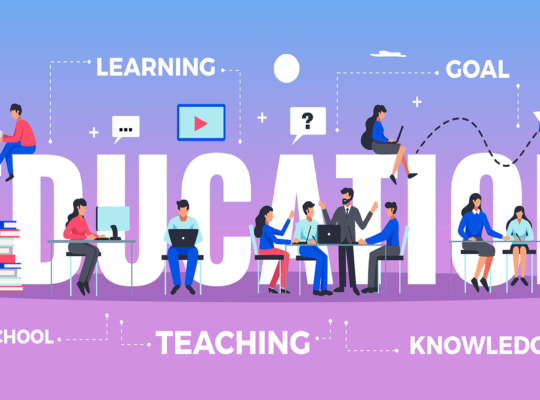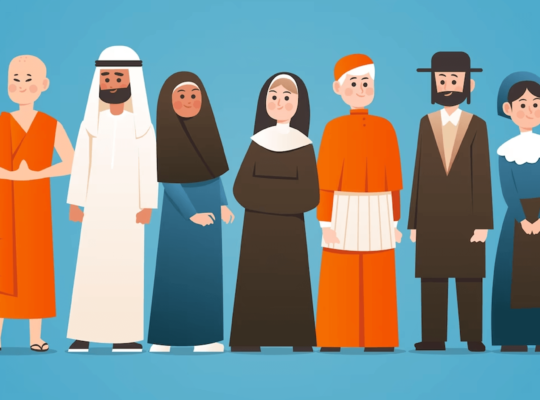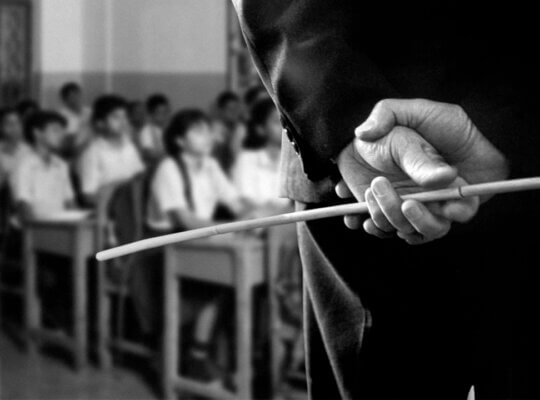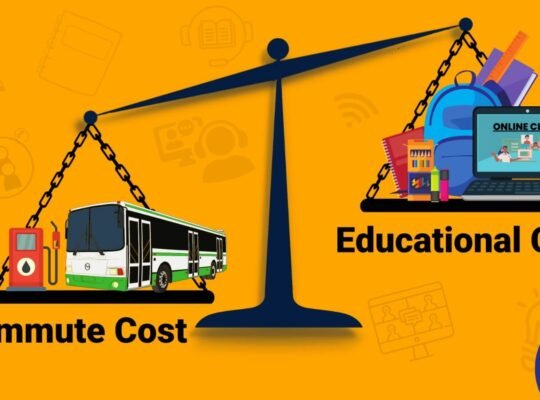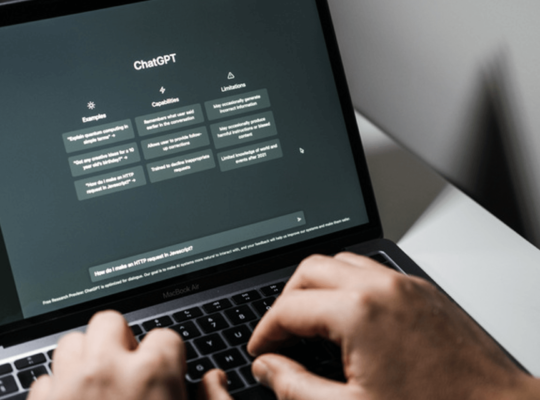In the vibrant heart of Karachi, a dimly lit classroom nurtures the dreams of many young girls, including Radia* and Iman*. Their unwavering spirits serve as beacons of hope within the wreckage of an education system that has failed an entire generation.
The girls’ challenging journey through this maze bears powerful testimony to the resilience of the human spirit and issues an urgent call for change in a country that has left far too many young lives in limbo.
Born into an ultra-conservative, underprivileged family, Radia’s ambitions precariously balance on the edge of an abyss. A welfare institute, recognising her potential, offered her free tuition classes and persuaded her father to allow her to complete her studies. However, her family insists on marrying her off early, leaving her dream of becoming a doctor hanging by a thread.
“I have been waiting for my first-year result for eight months,” laments Radia, a pre-medical student of grade 12 in Karachi’s intermediate board. She is likely to appear for her second-year exam in July, tentatively. However, her batch has yet to receive the first-year result from the Board of Intermediate Education Karachi (BIEK).
Two weeks ago, when the BIEK announced the results of the first-year pre-engineering group after eight months, her close friend failed two subjects. “For her, it was like reaching the end of a dark tunnel. She thought she couldn’t prepare for the supplementary and the regular exams in such a short time,” Radia fears her family would force her into an early marriage if she could not achieve good grades.
“I’ve always believed that my education is my escape, my path to a better life,” Radia shares. “But every day that passes waiting for my results is another closer to my family giving up on me and forcing me into a life I never wanted.”
Iman, one of Radia’s friends, shares similar fears. Enrolled in commerce classes at the same institute, she too anxiously awaits her results. Iman’s journey is emblematic of a generation left to fend for itself, forging a path through a system seemingly designed to fail them.
“I sometimes wonder if we’re meant to succeed at all,” Iman muses. “We study, we work hard, but it feels like we’re fighting a losing battle because we experience so much stress waiting for our results.”
She questions why students enrolled in the Sindh education board have to wait so long for their results from grade 9 to 12. “My relatives enrolled in the federal board receive results promptly. If they can have a functioning system, why can’t students in Sindh?”
Munib Raza, the head of the welfare institute and a scholar with an MPhil from Karachi University, observes the girls’ struggle with a mix of admiration and frustration. “The government is playing with our children’s future,” he says. “Instead of admitting their failure and fixing the system once and for all, they have shifted the conversation to outsourcing examinations and results to a private organisation.”
This decision ignites fury among a group of teachers planning to seek legal recourse. Raza warns, “We will again see a long fight, and the students will continue to suffer.”
The girls’ fight for their futures reflects a much larger battle, one raging in the hearts and minds of a generation left waiting for change. In the shadows of their poorly illuminated classroom, the words from Samuel Beckett’s Waiting for Godot resonate with chilling clarity: “Nothing happens, nobody comes, nobody goes, it’s awful.”
For Radia and Iman, the wait for results has become an agonising exercise in existentialism, testing their faith in the very system that has failed them time and time again. As they wait, they confront the harsh reality that education is a luxury, not a right, for many young women in Pakistan.
“We hear so much about women’s empowerment,” Radia says. “But how can we empower ourselves when our education system is a mess, and we’re forced to depend on luck rather than merit?”
As the sun sets on another day in Karachi, Radia and Iman continue to wait for their results, their fates in the hands of a broken system. Delaying results means subjecting them to stress and jeopardising their future.
The story of intermediate students in Sindh serves as a rallying cry for change and an urgent call to action for those with the power to make a difference. With the futures of countless young people at stake, the need for reform in the education system has never been more pressing. It’s time to put an end to the waiting game and give these students the opportunities they so desperately need and deserve.
This article was published in Geo News on March 25. The results of first year pre-medical and commerce have recently been announced after a long gap of nine months.

Meet Najam Soharwardi, a Chevening Scholar and education advocate founded “Off The School” (OTS) to provide formal education to underserved communities.


